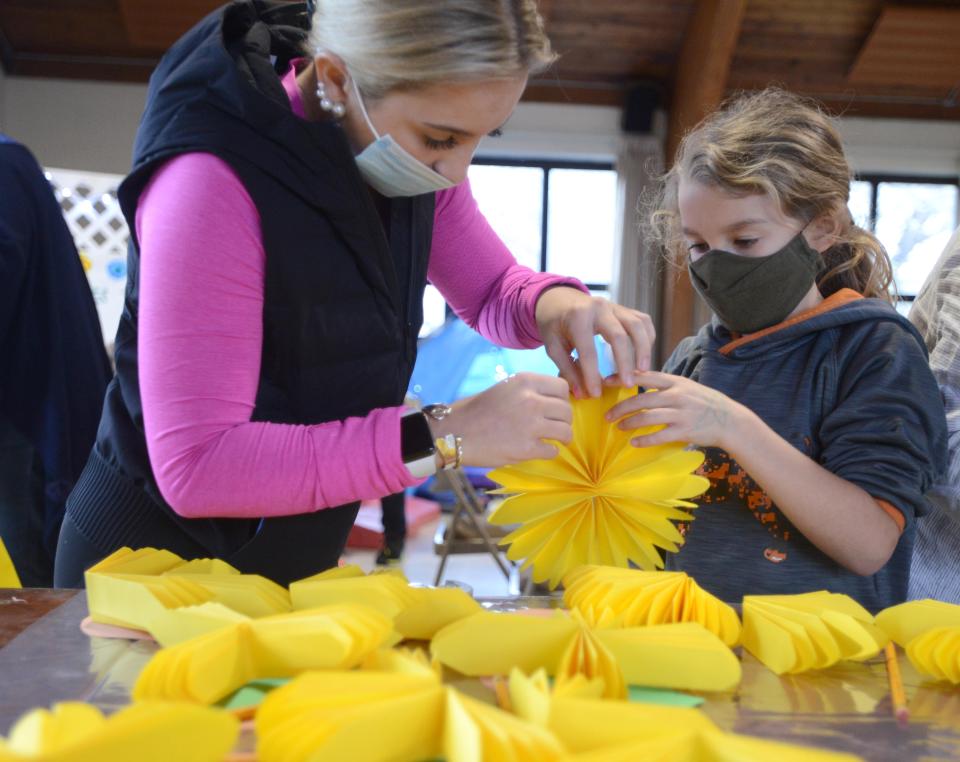This church in Falmouth wants you to tear up its lawn May 27. Here's why.
FALMOUTH – A permaculture webinar in 2020 will blossom into the real deal at St. Barnabas's Episcopal Church on May 27 when volunteers will tear up a lawn and replace grass with native plants and fruit trees.
The effort will turn a 2,500 square-foot grassy area near Siders Pond into one rich with food and flowers to sustain animals and humans.
The garden centers on three ethical principles, according to Becky Vaus, administrative assistant at St. Barnabas: earth care, people care, and fair share. The permaculture garden will provide food as well as capture carbon through habitat restoration. Native plants will mimic the natural ecosystem. Walkways will be built to encourage public access through the garden. Three fruit trees have already been planted, Vaus said.

Church members decided to take the step as a small way to address the climate emergency. Kristie Kapp and Resilient Roots have provided the expertise to make the garden possible, according to a church statement. Grants from the Episcopal Diocese of Massachusetts and the Behrens Fund, a ministry of the church, made it possible, Vaus said.
Community volunteers are welcome to participate in the educational workday on Saturday, May 27, from 8:30 a.m. to 3 p.m. Participants will learn both the theory and the hands-on skills of permaculture planting from Resilient Roots staff. Lunch will be provided. Anyone who would like to volunteer is asked to register at StBOutreach@gmail.com or by calling Saint Barnabas's at 508-548-3863.
This article originally appeared on Cape Cod Times: Restored church lawn leads to native ecosystem, fruit bearing trees

